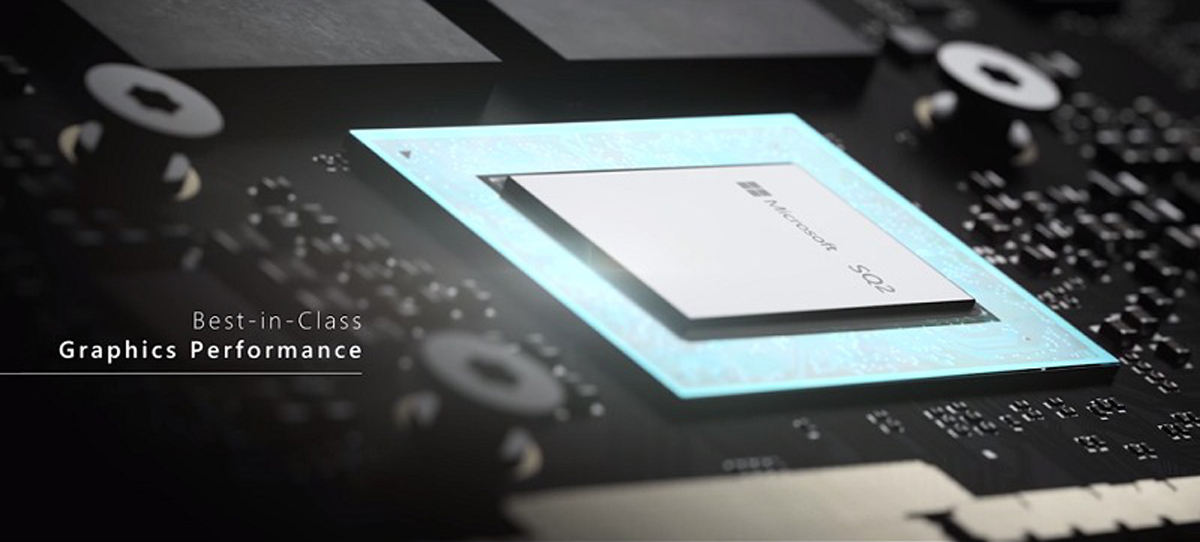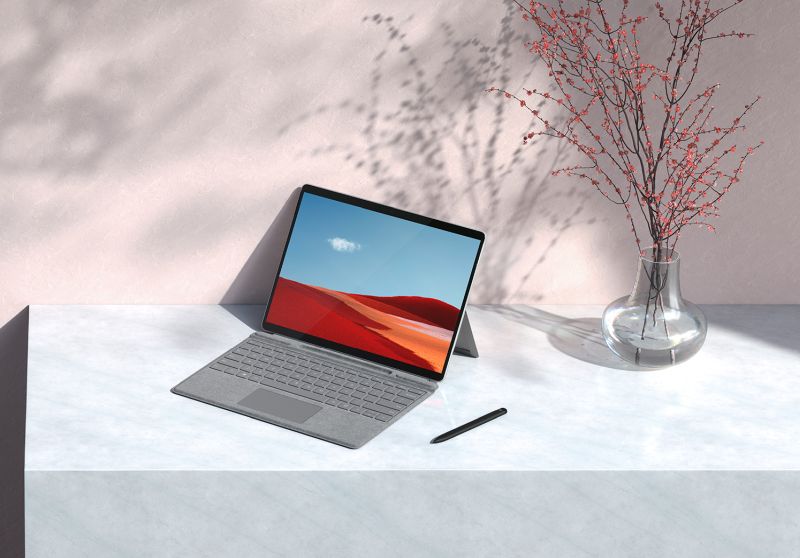A recent report by Bloomberg suggests that Microsoft may soon join Apple by shifting from Intel-made chips to using its own in-house developed ARM processors. The news agency added that the company is exploring this approach primarily on its Azure cloud services, with the possibility of also implementing the new chips to a wider selection of its Surface laptops.
Regarding to the latter, it is worth noting that this isn’t the first time Microsoft has decided to equip its first party mobile PCs with a non-Intel or AMD chip. For instance, the company’s Surface Pro X laptop series particularly feature a Qualcomm processor at its core, with the 2019 model sporting the SQ1 chip and its 2020 successor with the SQ2.

In Apple’s case, the shift to its own ARM-based M1 silicon chips has allowed its devices, such as the M1 MacBook Air, to provide better performance and battery life than its Intel powered predecessors. This may be what Microsoft is also aiming for with the supposed shift, if the recent report is indeed accurate.
As for Azure cloud services, Microsoft is currently relying mostly on Intel processors for its data centers. Bloomberg’s report did not state what benefits are to be expected if the company is to shift from the current infrastructure to an in-house ARM processor approach. That being said, non-Intel and AMD based servers play a small part of the market at this time, with Amazon being one the few notable major players already using ARM processors to power its cloud services.

“Because silicon is a foundational building block for technology, we’re continuing to invest in our own capabilities in areas like design, manufacturing and tools, while also fostering and strengthening partnerships with a wide range of chip providers,” said Microsoft spokesperson Frank Shaw in a statement issued to several publications after the company was approached for clarification regarding this matter.
(Sources: Bloomberg / Engadget)
The post Microsoft Reportedly Developing Its Own ARM-Based Chips For Surface Laptops And Servers appeared first on Lowyat.NET.



